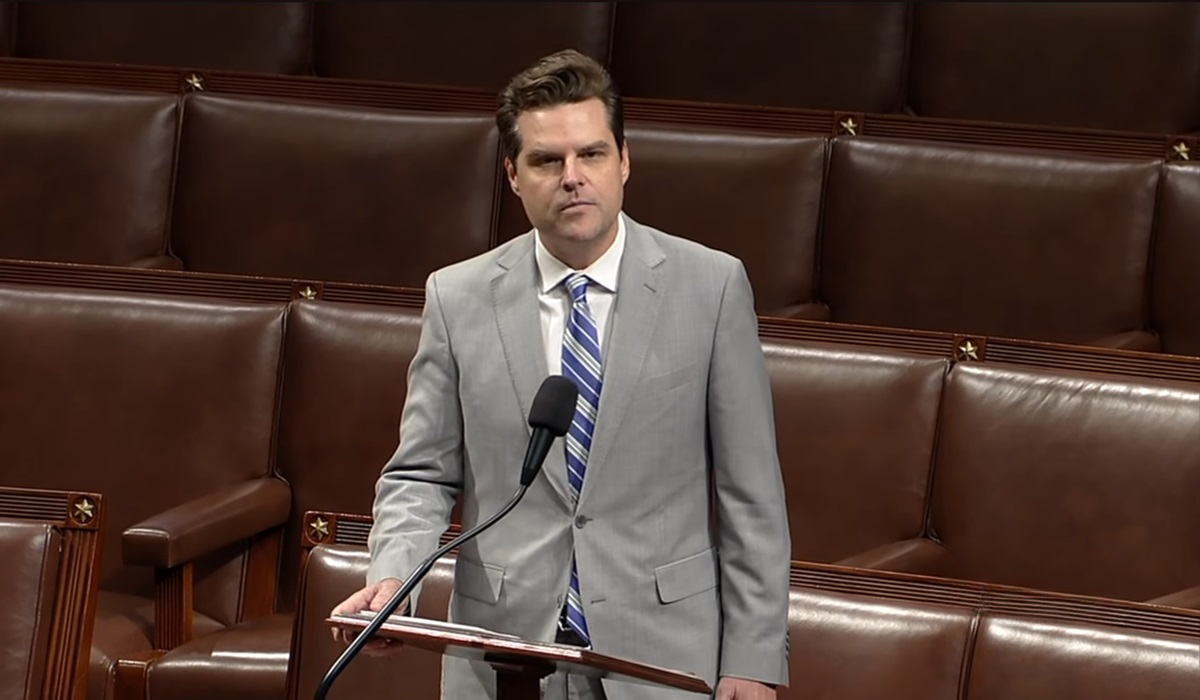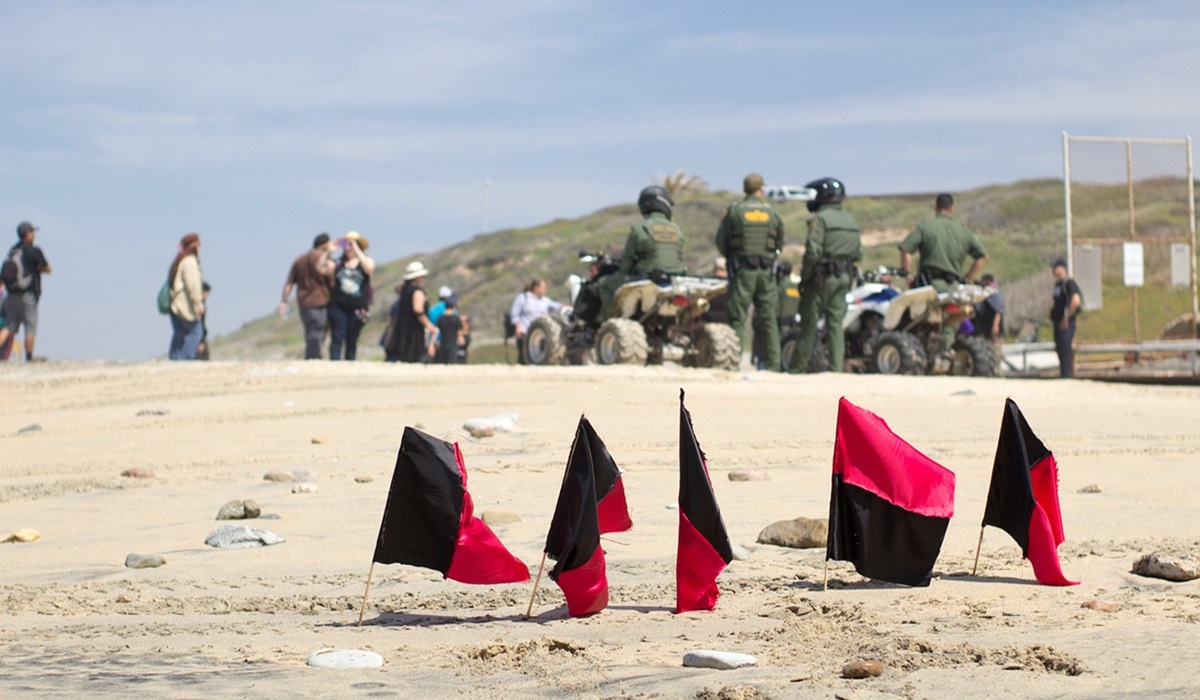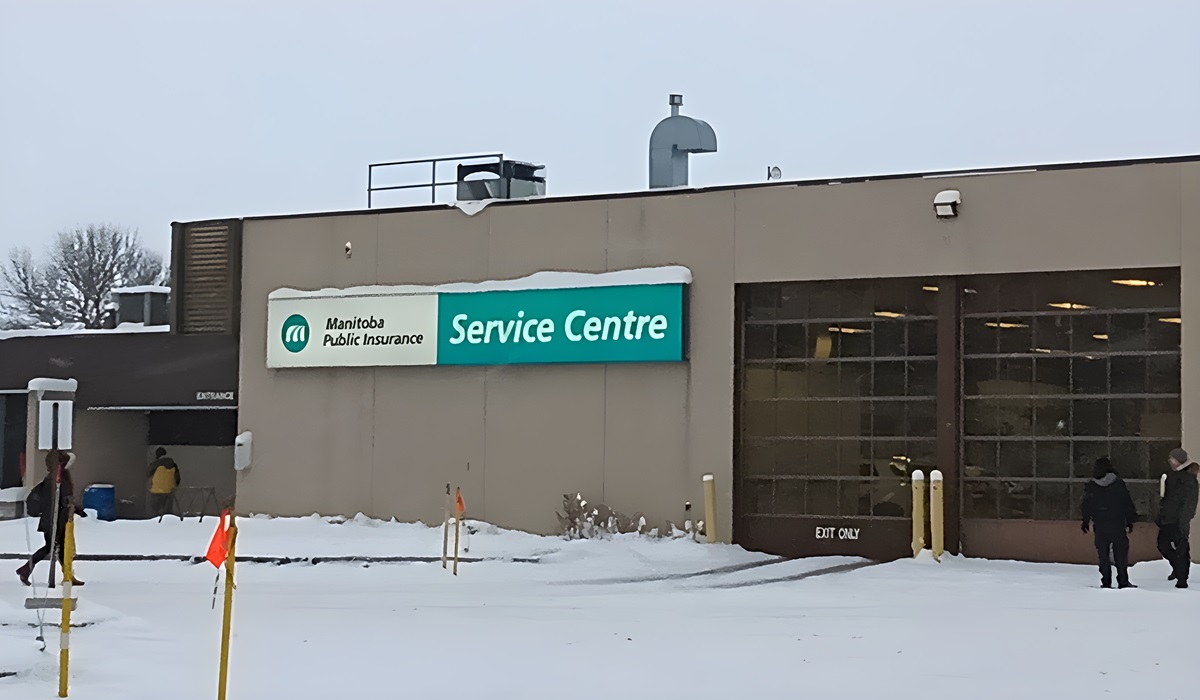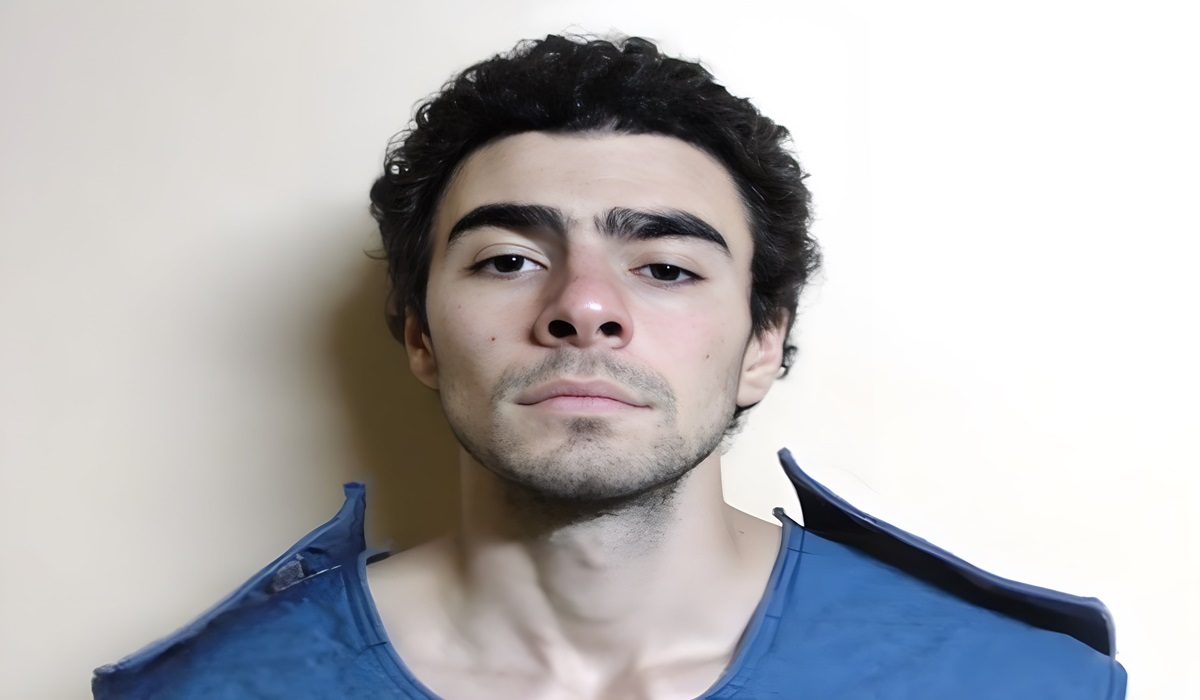Liberal Government Makes Good On Reconciliation Promise
- TDS News
- Breaking News
- Indigenous
- January 1, 2020
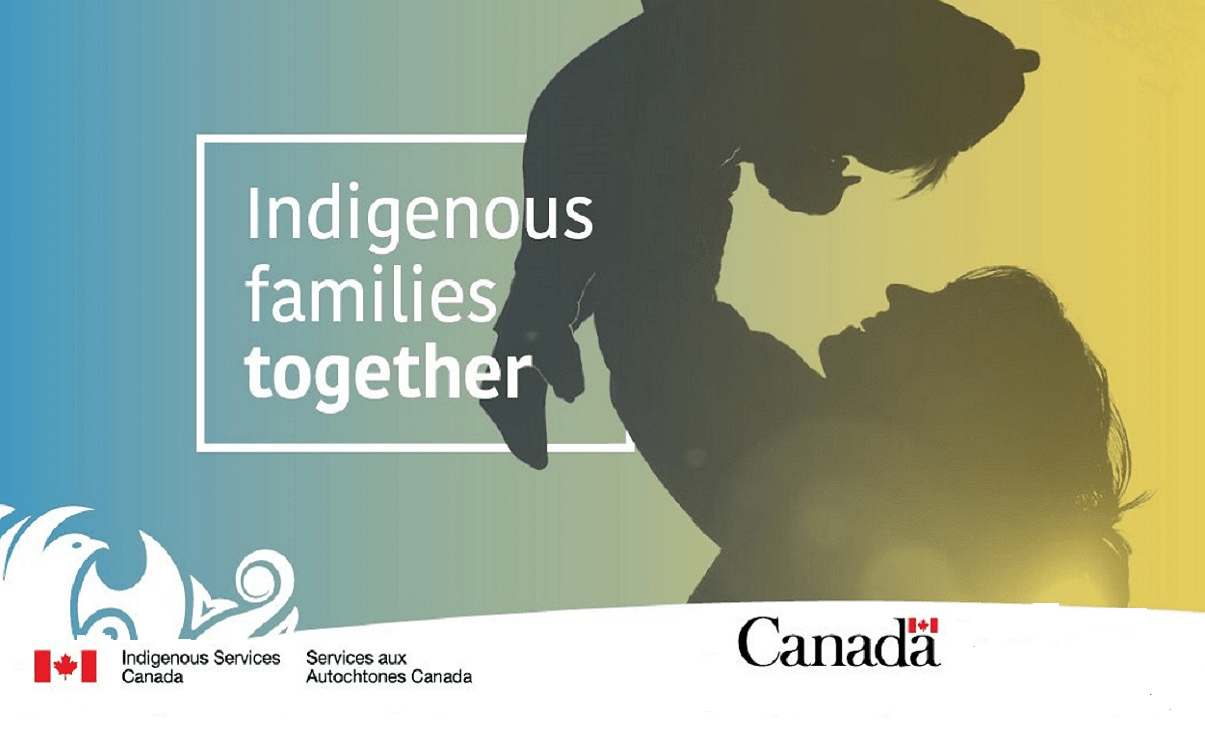
Indigenous children back in the care of Indigenous people
“January 1, 2020, Bill C-92, An Act respecting First Nations, Inuit and Métis children, youth and families (the Act) comes into force. This new law, co-developed with partners, affirms the rights of Indigenous peoples to determine their laws, policies and practices in relation to Indigenous child and family services and sets out basic principles that must be followed by every person providing services to Indigenous children.

The Act demonstrates meaningful implementation of the United Nations Declaration on the Rights of Indigenous Peoples, the Truth and Reconciliation Commission of Canada’s Calls to Action, and the ratification of the United Nations Convention on the Rights of the Child. It will also help advance numerous Calls for Justice made within the National Inquiry into Missing and Murdered Indigenous Women and Girls Final Report.
The Minister of Indigenous Services, Marc Miller
This marks a new chapter in Canada’s relationship with Indigenous Peoples. It is designed to improve the health and well-being of Indigenous children and youth now, and for generations to come. The new law emphasizes the need for the system to shift from apprehension to prevention, with priority given to services that promote preventive care to support families. It further supports Indigenous children in care by:
- helping them to stay with their family and community;
- helping children currently in care to return to their family;
- ensuring they stay connected with their language, culture and community; and
- reducing the number of children separated from their families only because of financial, health or housing challenges.
Until Indigenous laws are in place — services to Indigenous children will continue as before. However, every Indigenous child and family services provider will have to apply the basic principles set out in the Act. This means, for example, that when an Indigenous child comes into care, child and family services providers will always have to consider:
- the child’s physical and emotional well-being;
- the importance for that child to have a relationship with his or her family and community; and
- the opportunity for providing services that maintain a connection to their culture.
Change will not come overnight — the only way to achieve this is to continue to work with our partners through this transition period to make sure the law works for First Nations, Inuit and Métis people, and most importantly, for their children.”

